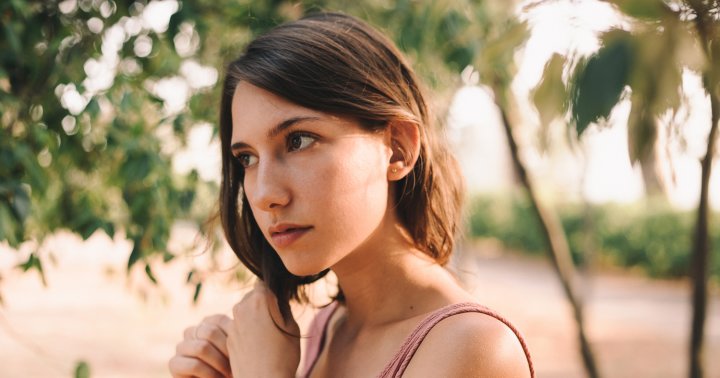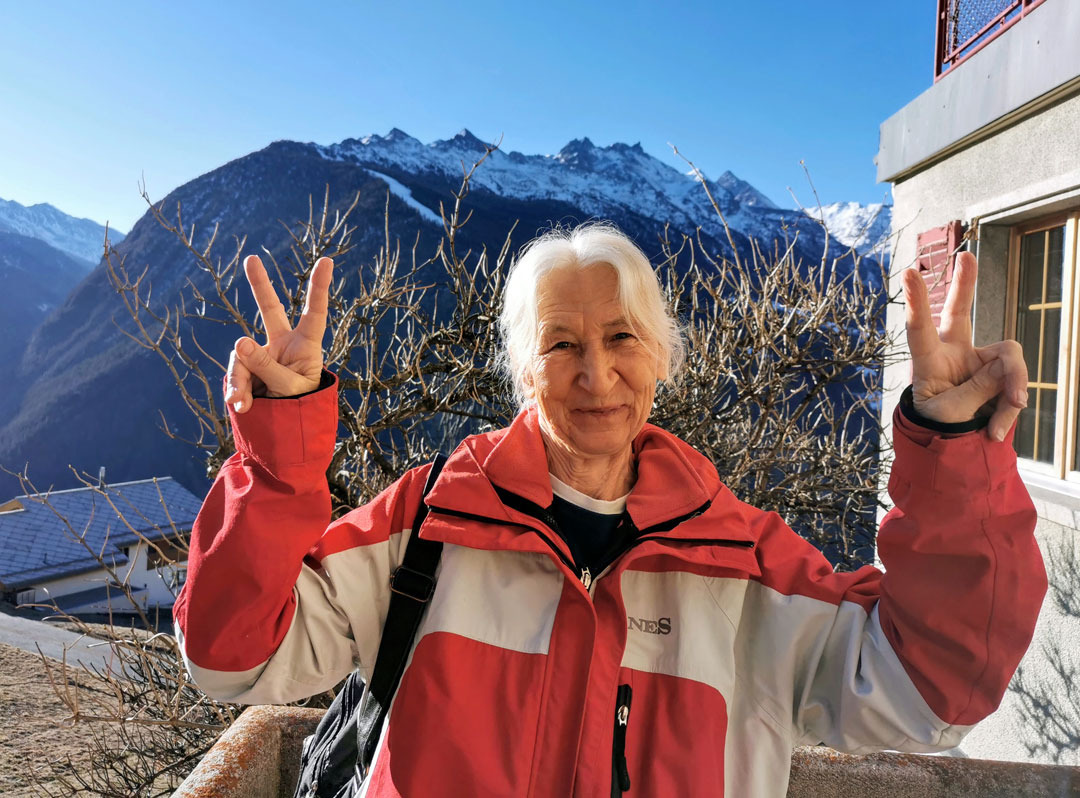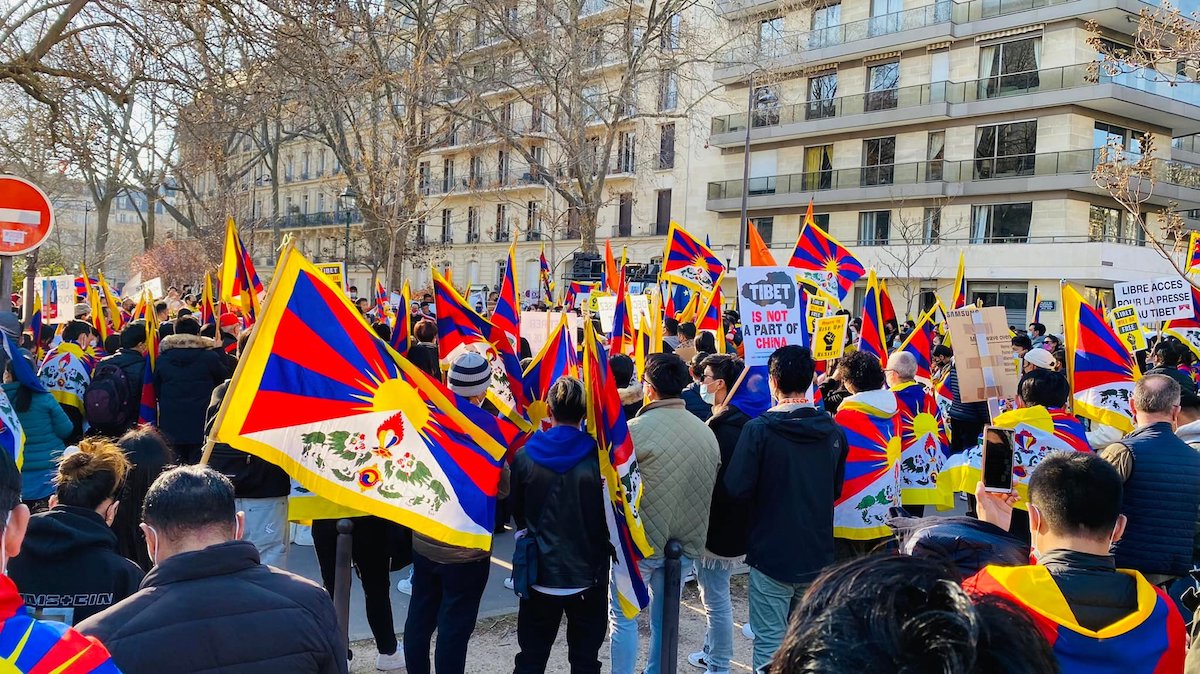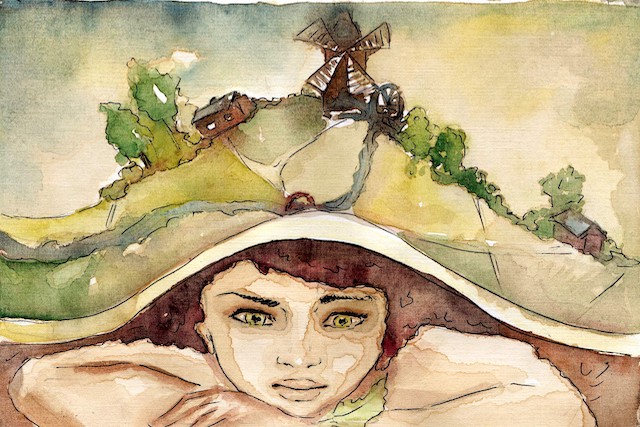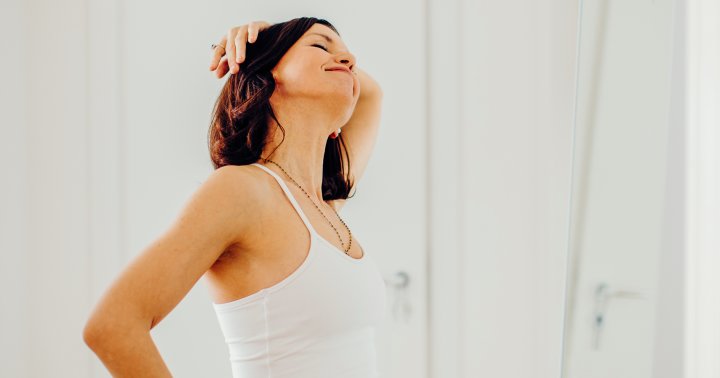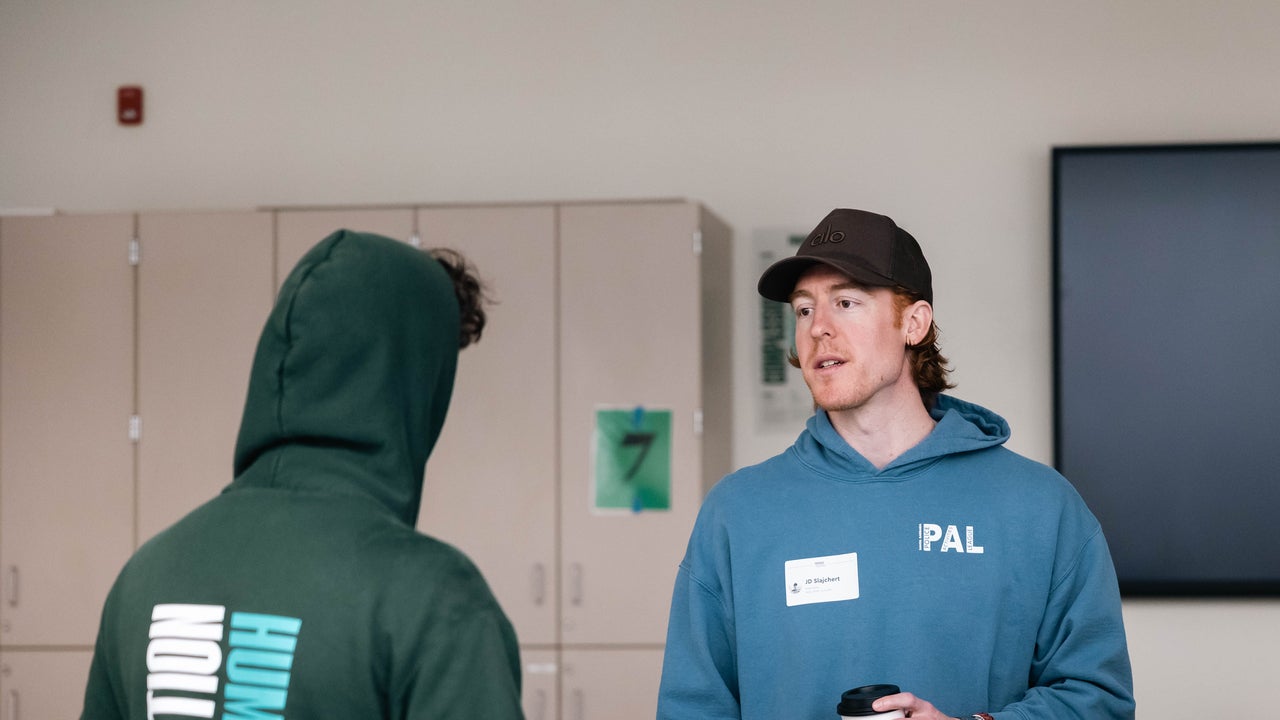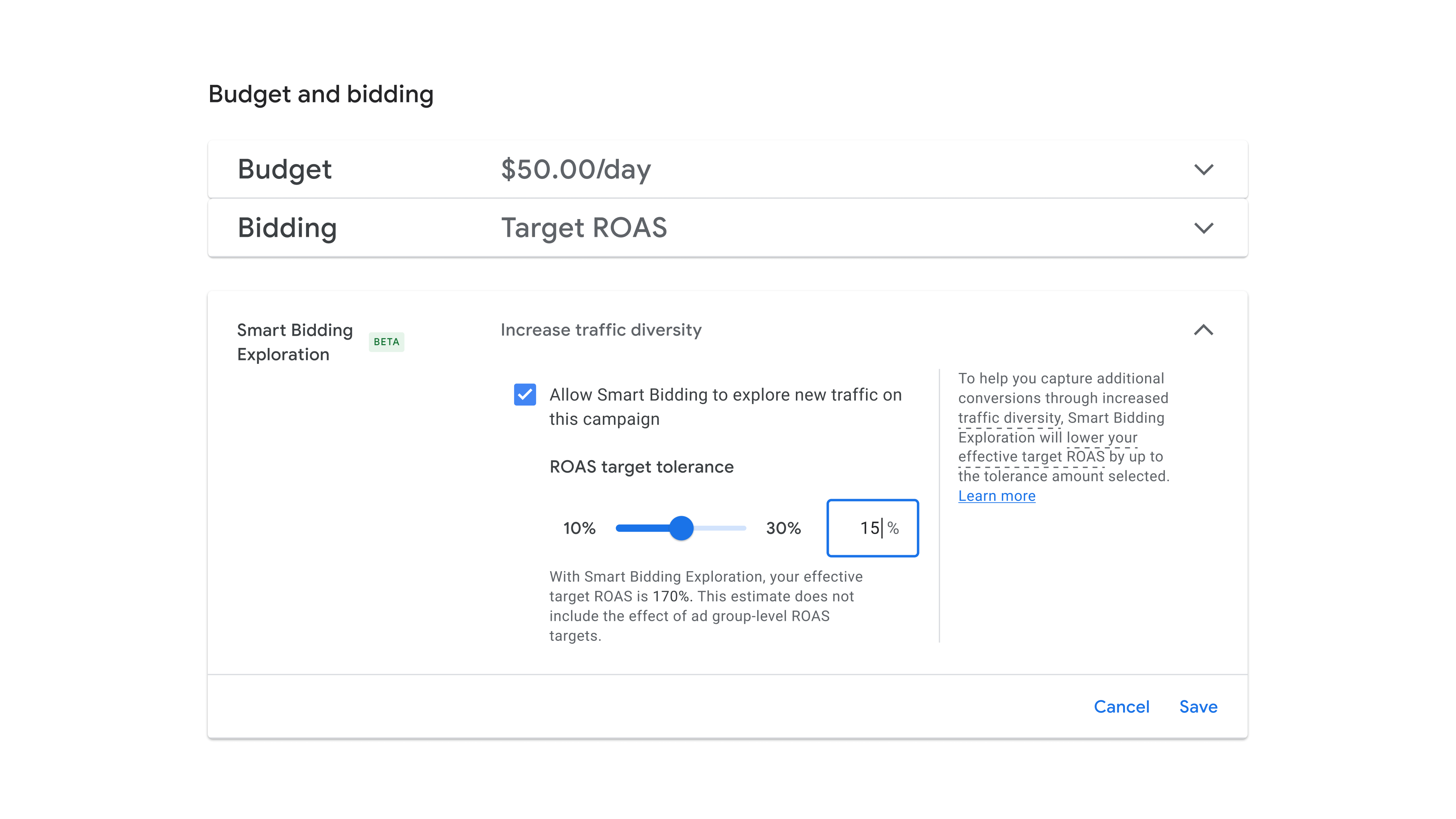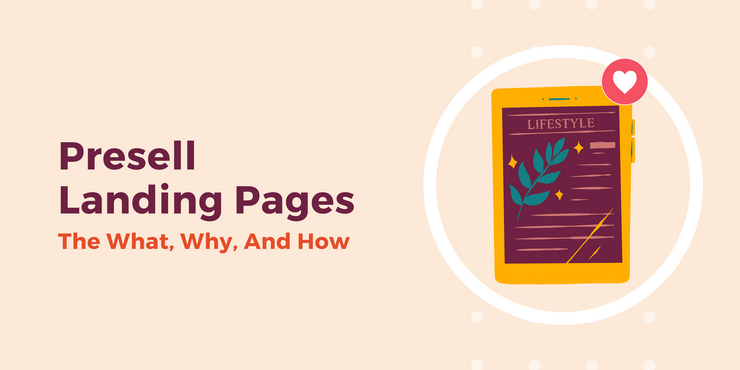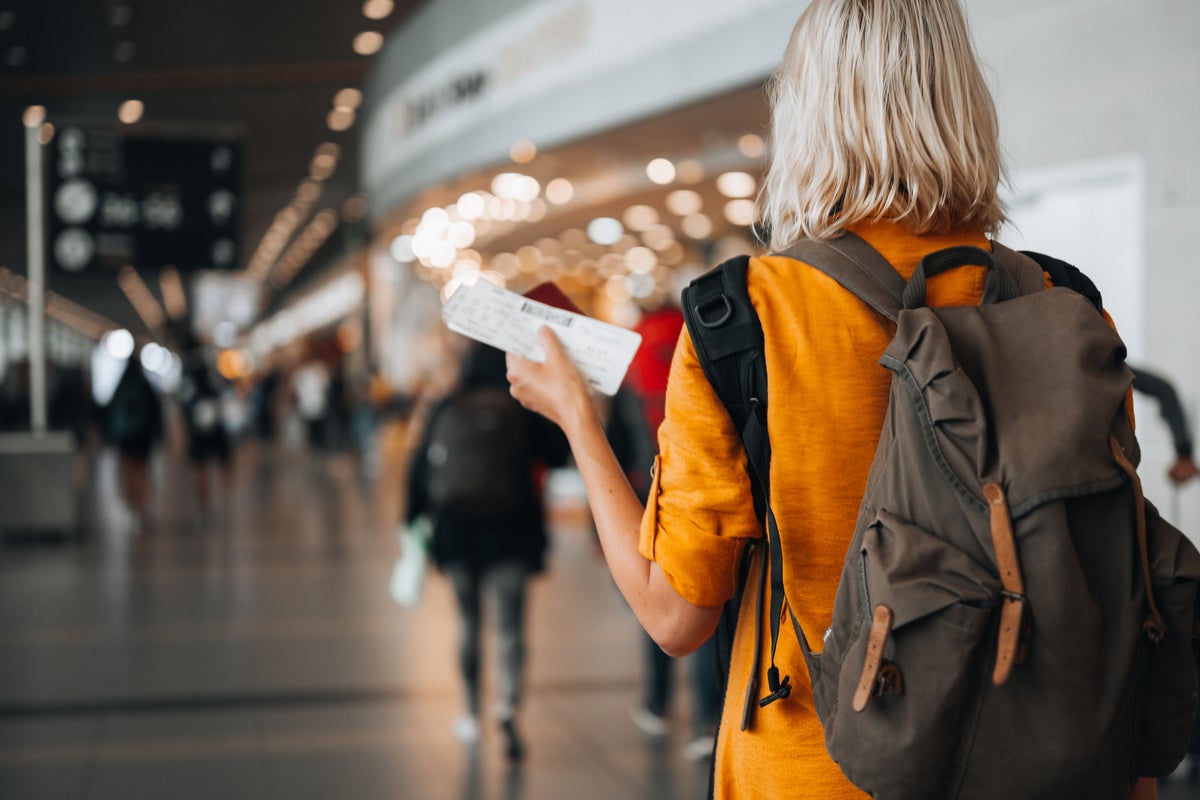The 3 Products A Sleep Specialist Uses To Snooze Through The Entire Night
They ensure a cool, dark, and quiet sleep space.
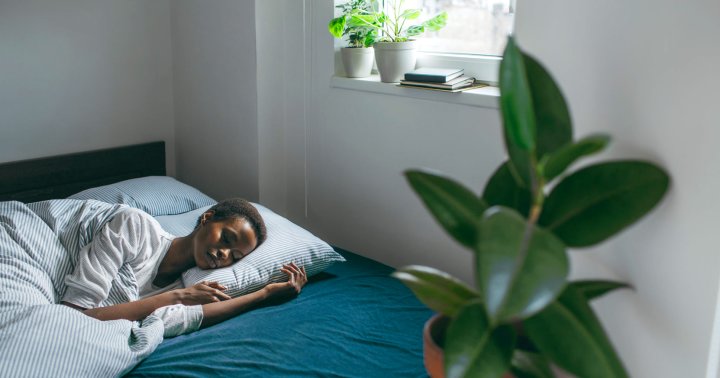
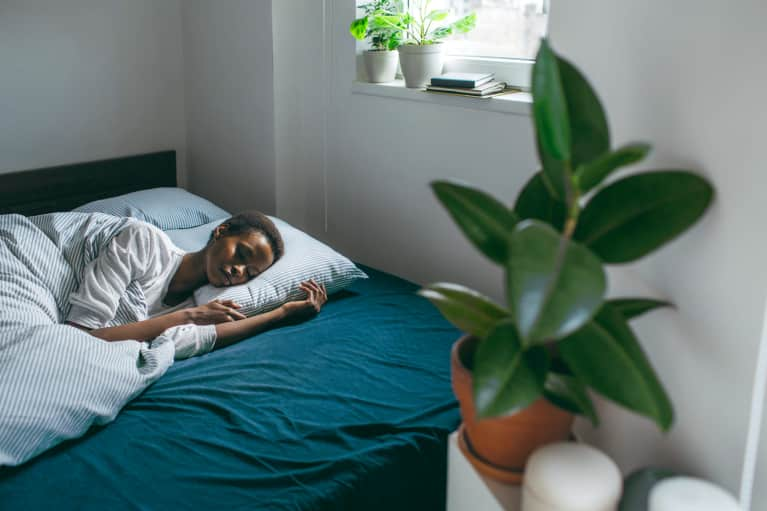
Our editors have independently chosen the products listed on this page. If you purchase something mentioned in this article, we may earn a small commission.
April 28, 2022 — 11:03 AM
What do you reach for at bedtime to help you sleep? Maybe it's a well-worn eye mask or a relaxing supplement that works night after night.* These items send a signal that it's time for bed, and they can go a long way in helping us wind down from the day.
Everyone has a trusty nighttime tool of their own—including doctors and sleep experts. Shoshana Ungerleider, M.D., a board-certified internal medicine physician at Crossover Health, is one who recently let mbg in on her must-haves.
"Since medical school, I have slept with earplugs and blackout curtains, and I make sure my room is 68 degrees Fahrenheit or cooler," the host of TED Health explained. By keeping her bedroom cool, dark, and quiet, Ungerleider says that these tools go a long way in promoting high-quality, deep sleep.
Here's your cheat sheet on the importance of each one, and how to incorporate them into a snooze routine that's fit for an expert.
1. Earplugs
Earplugs are a game-changing product for tuning out noises that disrupt your slumber, and they top mbg's vice president of scientific affairs Ashley Jordan Ferira, Ph.D., RDN's sleep list too. Seeing as the majority of repair and restoration happens during the later stages of sleep (stage three and four), it's important to minimize your exposure to anything that can jolt you out of stages—including street traffic or a loud AC.
These foam earplugs from veteran brand Mack's are designed to stay in your ears all night, but if you can't quite get the hang of using them, a sound machine that masks distracting noises would also work. (Just be sure to put it on a pink noise setting; as experts agree that white noise actually isn't the best sound range for sleep.)
Mack's Safe Sound Ultra-Soft Foam Earplugs ($8.54)
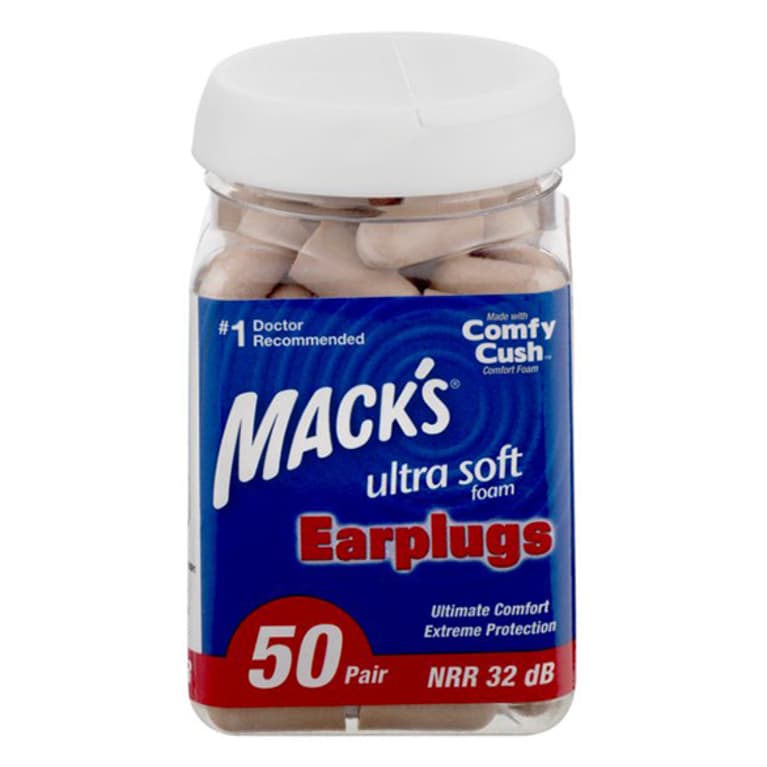
Mack's
2. Blackout curtains
Just like sound can jolt you awake, light can also disrupt your slumber. Sleeping in a dark bedroom is super important for regulating the circadian rhythm—the internal clock that dictates our sleep-wake cycle and works best when exposed to bright light during the day and pitch-black at night (hence why many people find it easy to sleep when camping under the stars). Light exposure can still throw off sleep even when our lids are closed, making blackout curtains another smart choice for the restful bedroom.
Unlike many of the best-selling picks on Amazon, these West Elm ones are made in a Crafted Fair Trade Certified facility that meets safe working standards. They're also on major sale right now, but if you don't feel like shelling out, here are a few other low-cost ways to make your bedroom darker.
West Elm Blackout Curtain ($70/2)
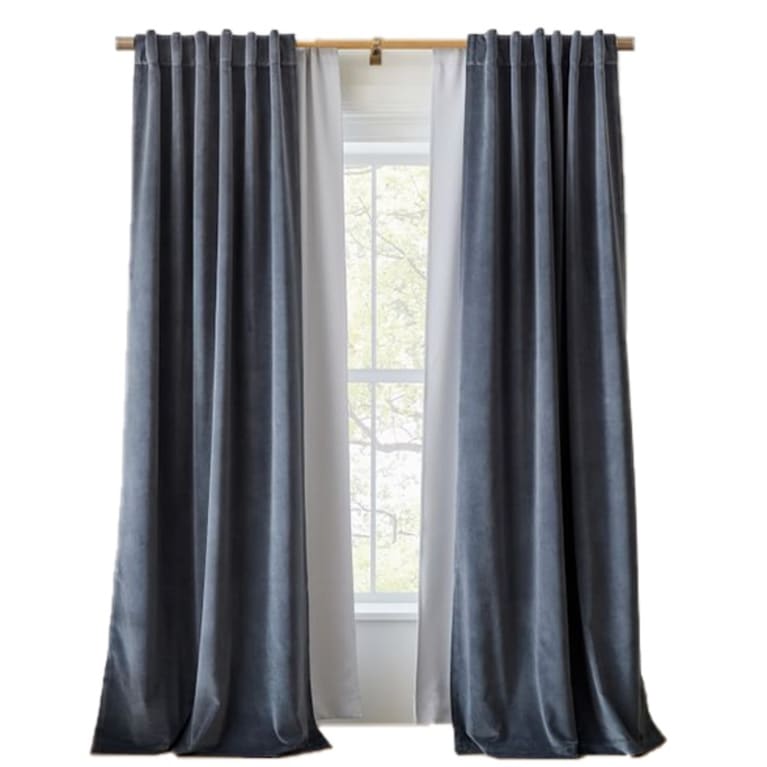
West Elm
3. A fan or cooling device.
The final requirement on Ungerleider's list is a bedroom cooling device. As she mentions, you'll want to aim to keep your sleep environment at a frosty 68 degrees Fahrenheit or less, as this facilitates a drop in core temperature that helps prepare the body for bed.
Not only will this Dyson fan get the temperature just right; its built-in air purifier will ensure that your bedroom air is free of potential irritants. Pro tip: As your room is cooling down, take a hot shower. It'll get your blood flowing away from your body's core, leading to that temperature dip that'll help you fall asleep fast.
Dyson Air Bladeless Tower Fan ($299.99)
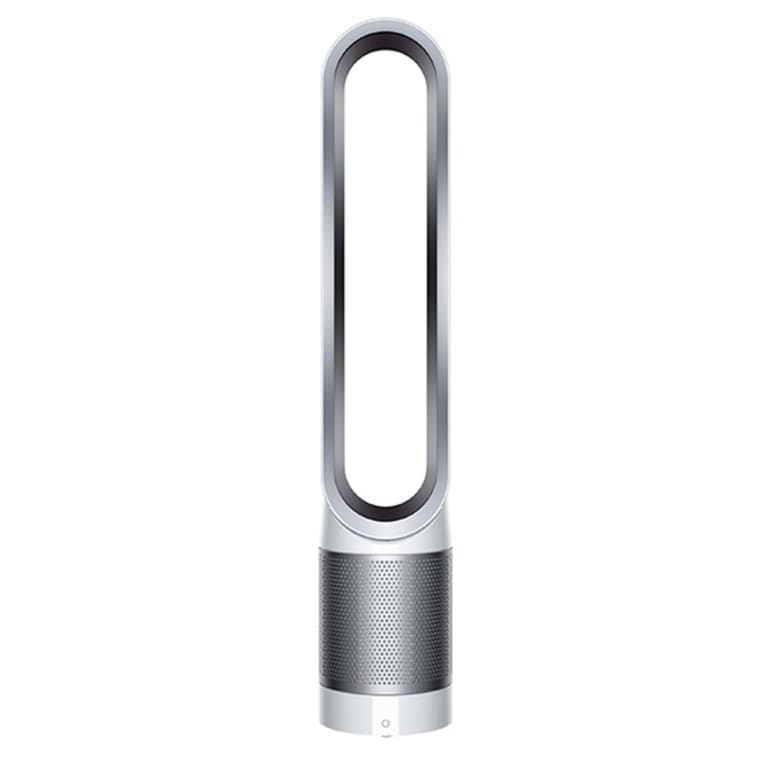
Dyson
When you're looking to create a bedroom environment that's ideal for sleep, cool, dark, and quiet are the words you'll want to remember. Consider taking a cue from a specialist and snagging earplugs, blackout curtains, and a fan or two to set yourself up for deep and uninterrupted rest.
https://www.mindbodygreen.com/articles/sleep-specialist-products

 ShanonG
ShanonG 








